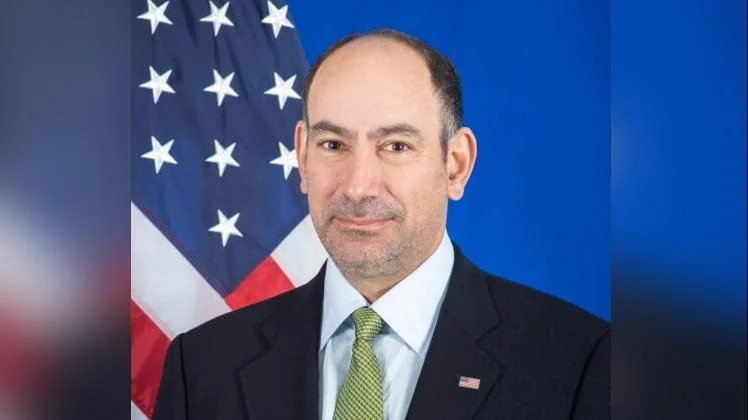United States Secretary of State Marco Rubio, Japanese Foreign Minister Iwaya Takeshi, and Republic of Korea Foreign Minister Cho Tae-yul met in Brussels on April 3 to enhance trilateral cooperation focusing on security, prosperity, and shared principles such as the rule of law. They highlighted the significance of NATO’s collaboration with Indo-Pacific Partners for addressing security challenges in both the Euro-Atlantic and Indo-Pacific regions and extended condolences for the recent wildfires in Japan and South Korea.
The United States reiterated its commitment to Japan and South Korea's defense, supported by its military strength, including nuclear capabilities. Japan and South Korea supported U.S. engagement with China and Russia to mitigate nuclear risks and vowed to enhance security cooperation and their defense capabilities.
The officials opposed unlawful maritime claims and attempts to alter the status quo by force or coercion in the Indo-Pacific, particularly the South China Sea. They stressed the importance of maintaining a free and open Indo-Pacific and emphasized the need to uphold international law, including navigation and overflight freedoms as per the UN Convention on the Law of the Sea. They affirmed the significance of peace across the Taiwan Strait for global security and prosperity, expressed concerns over recent military activities around Taiwan, and advocated for peaceful resolutions to cross-Strait issues.
The leaders supported U.S., Russian, and Ukrainian talks, urging progress towards a ceasefire for lasting peace aligned with the United Nations Charter.
The meeting reaffirmed commitment to the complete denuclearization of North Korea in line with UN Security Council resolutions. Concerns were raised over North Korea's military cooperation with Russia and illicit cyber activities, citing a $1.5 billion cryptocurrency theft. The international community was called upon to prevent North Korea from converting stolen assets and to address human rights violations and issues related to abductees and detainees.
The discussion included strengthening energy security and supply chains, particularly through the Minerals Security Partnership and in developing civil nuclear technologies. Maritime security improvement and cooperation through the Trilateral Maritime Security and Law Enforcement Cooperation Framework were also discussed. The officials opposed economic coercion and unfair trade practices while supporting South Korea's upcoming hosting of APEC 2025.
The ministers pledged ongoing trilateral dialogue across all levels and anticipated the next Trilateral Global Leadership Youth Summit in Japan this summer.

